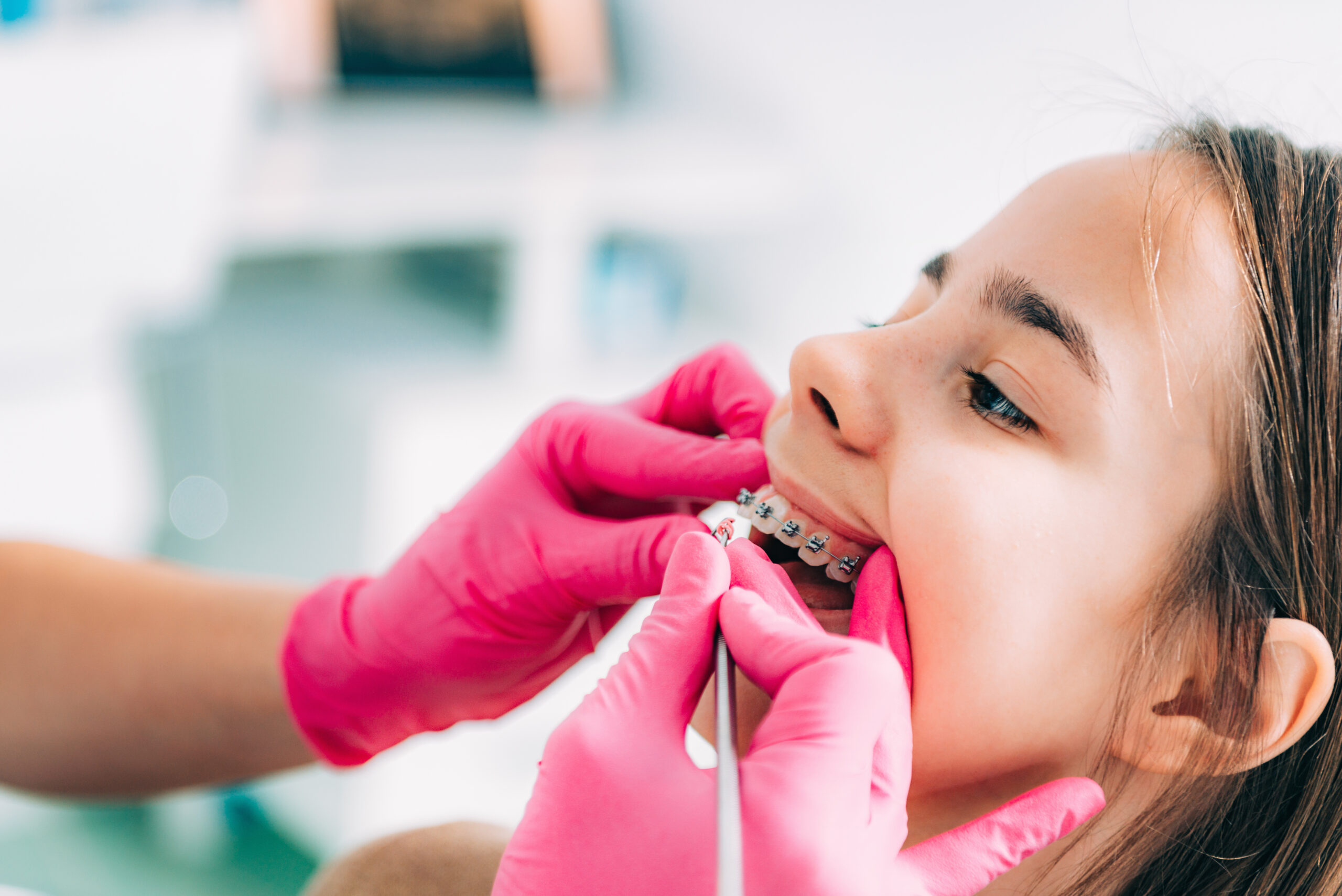
Holistic dentistry is an approach that considers the whole body’s health and well-being in addition to oral health. A key aspect of holistic dentistry is the use of natural and biocompatible dental supplies. In this article, we explore the principles of holistic dentistry and how natural dental supplies are integrated into this approach.
1. Biocompatible Materials
Holistic dentists prioritize the use of biocompatible dental materials that are safe and well-tolerated by the body. These include:
- Biocompatible Fillings: Materials like composite resin and porcelain are preferred over traditional amalgam fillings, which contain mercury.
- Biocompatible Implants: Holistic dentists often choose dental implant materials that are less likely to trigger allergies or sensitivities.
2. Mercury-Free Dentistry
Holistic dentists do not use dental amalgam fillings, which contain mercury, a toxic substance. Instead, they opt for mercury-free alternatives that are safer for patients and the environment.
3. Natural and Non-Toxic Sterilization
Holistic dental practices may use natural and non-toxic sterilization methods to ensure the safety of dental instruments and equipment. This includes steam sterilization and chemical-free disinfectants.
4. Minimally Invasive Techniques
Holistic dentistry emphasizes minimally invasive approaches to dental treatments. This includes:
- Micro-invasive Tools: The use of micro-invasive instruments and techniques to preserve as much of the natural tooth structure as possible.
- Preventive Strategies: Holistic dentists prioritize preventive care to avoid the need for invasive treatments.
5. Patient Education and Empowerment
Holistic dentists educate patients about the connections between oral health and overall well-being. They emphasize the importance of good nutrition, proper oral hygiene, and a healthy lifestyle.
6. Natural and Non-Toxic Oral Care Products
Holistic dentists recommend natural and non-toxic oral care products such as fluoride-free toothpaste, natural mouthwashes, and biodegradable dental floss.
7. Personalized Treatment Plans
Holistic dentists consider each patient’s unique needs and health history when developing treatment plans. They aim to address the underlying causes of dental issues rather than just treating symptoms.
8. Collaboration with Holistic Health Practitioners
Holistic dentists often collaborate with other holistic health practitioners, such as naturopaths and nutritionists, to provide comprehensive care that addresses the patient’s overall well-being.
9. Environmentally Friendly Practices
Holistic dental practices are often environmentally conscious, using eco-friendly and sustainable dental supplies and reducing waste whenever possible.
10. Stress Reduction
Holistic dentists may employ stress-reduction techniques to help patients relax during dental procedures, recognizing the impact of stress on oral and overall health.
In conclusion, holistic dentistry places a strong emphasis on natural and biocompatible dental supplies and materials that prioritize the patient’s overall health and well-being. By integrating these principles and supplies, holistic dentists aim to provide comprehensive and patient-centered care that goes beyond just treating dental issues, promoting the long-term health and vitality of their patients.